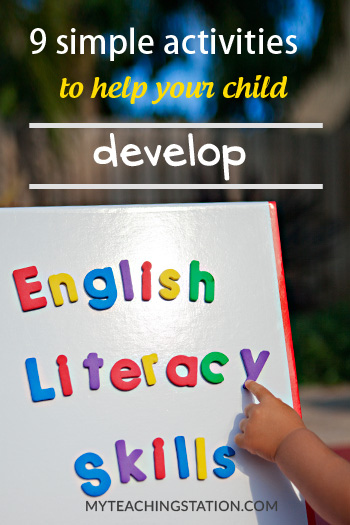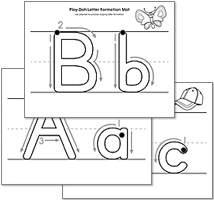
Awareness
Are you aware of the direction to which you are leading your child? While there are many roads to choose from, they all have the potential to lead to two distinct paths. One path results in a life filled with mediocrity and limited possibilities while the other allows for an abundant life marked with success and achievement. Common among today's society are positive reinforcements such as "You are so smart!" or "You have a natural gift!" The question we must ask ourselves is whether these types of statements provide adequate encouragement and motivation to your child or not? Is it possible they are leading children into a life of mediocrity or do they emphasize excellence?
Many falsely believe that praising children for intelligence boosts their confidence and helps keep them motivated. However, such praise can be detrimental to your child's future by causing them to develop what experts call a "fixed mind-set," a belief that intelligence is an innate, fixed trait.
The Danger
When children are given praise for their intelligence, they are likely to have diminished motivation, affecting their overall effort and performance. Dr. Carol Dweck, a psychologist at Stanford University, explains after decades of research in an interview with OneDublin.org, "In a fixed mindset students believe their basic abilities, their intelligence, their talents, are just fixed traits. They have a certain amount and that's that, and then their goal becomes to look smart all the time and never look dumb." How then, can you effectively praise your child? How can you influence them to lead a life of excellence? One suggested approach is through consistent affirmation as to how their abilities and intelligence can be expanded through hard work and effort. Encourage them with statements such as "Well done for working hard!" or "Studying and staying focused pays off."
How to Praise
Children who are given praise for their efforts instead of their intelligence results in developing a "growth-mind set". They are likely to try harder and approach challenges and failures as opportunities, rather than being intimidated or discouraged by them. They continue to develop their abilities by knowing they can succeed through diligent efforts. Dr. Dweck explains it this way, "In a growth mindset students understand that their talents and abilities can develop through effort, good teaching and persistence. They do not necessarily think everyone's the same, or anyone can be Einstein, but they believe everyone can get smarter if they work at it."
Your child's mindset will determine how they make decisions. The outcome of those decisions will shape their future and create a snowball effect that will either lead to a life of mediocrity or a life of excellence.
In an article about Dr. Carol Dweck, the author Marina Krakovsky states, "[Dr. Carol Dweck] has been figuring out answers to why some people achieve their potential while equally talented others don't—why some become Muhammad Ali and others Mike Tyson. The key, she found, isn't ability; it's whether you look at ability as something inherent that needs to be demonstrated or as something that can be developed."
Consider The Future Today
Undoubtedly we know that words can make an enormous impact in the lives of others. What impact are your words making? Are you leading your child into a fixed mindset or a growth mindset? Where will they end up if their destination was set by what your words determine? Consider today how you want to influence your child and think twice about how you will do it.
Please share your thoughts on this and comment below on strategies you have found effective.





